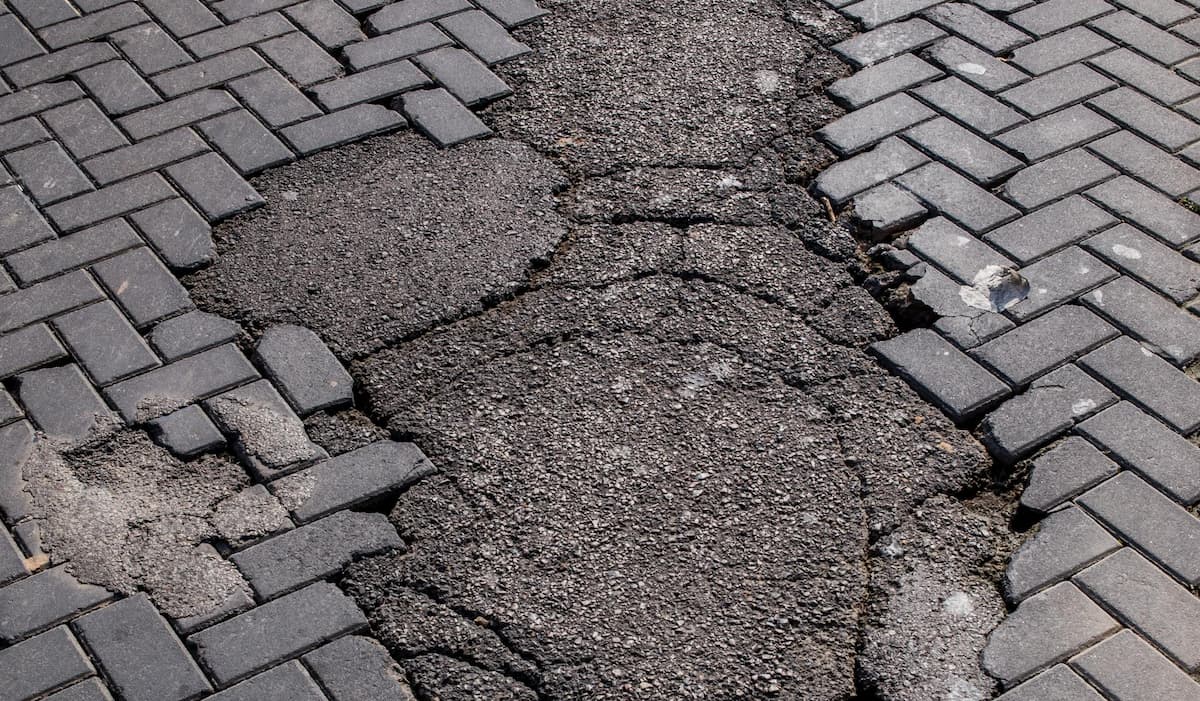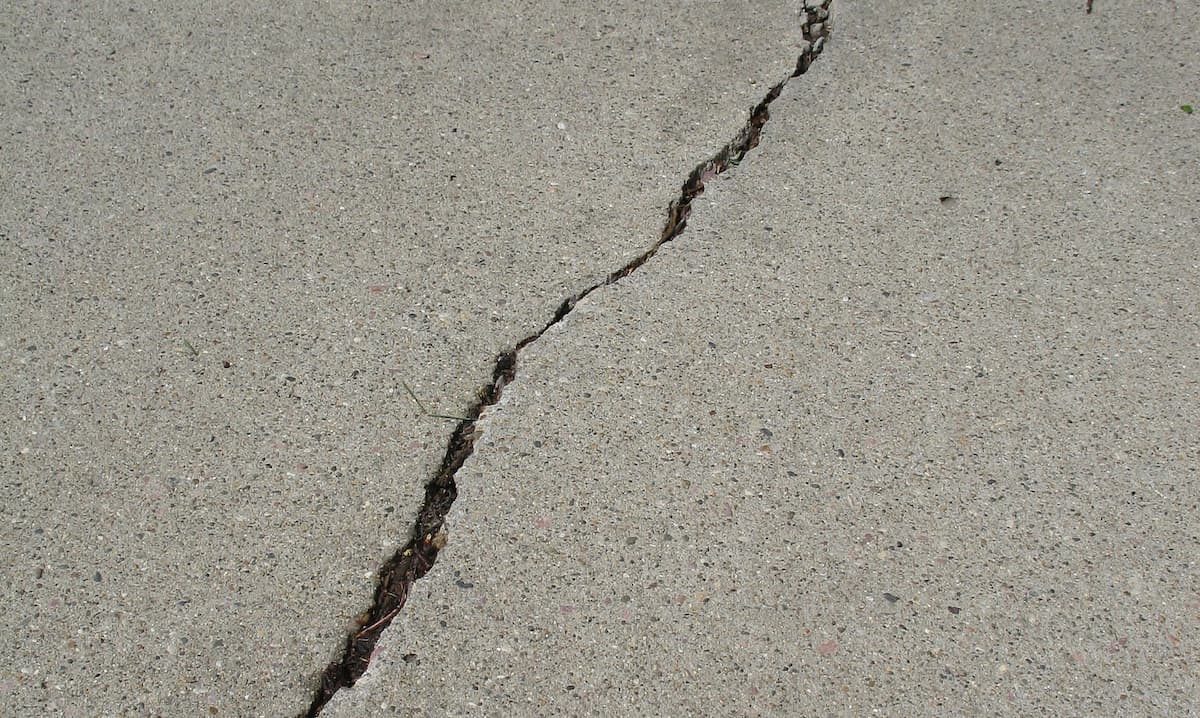Had a Bad Driveway Resurfacing Experience? How to Choose the Right Contractor Next Time
December 05, 2024 Driveways 6 min read

Avoid common pitfalls and ensure your driveway lasts with these essential tips.
A driveway isn’t just a practical part of your home; it’s also one of the first things visitors notice. A well-resurfaced driveway can enhance your home’s appearance and functionality, but a poor resurfacing job can lead to endless frustration, unexpected costs, and even safety hazards. Many homeowners have experienced the disappointment of a resurfacing project gone wrong or a bad driveway resurfacing experience, whether it’s with cracks appearing within months, uneven surfaces, or contractors who disappear after payment.
This guide aims to help you avoid those pitfalls. By knowing what to look for when choosing a driveway contractor and understanding key warning signs, you can make an informed decision that ensures your driveway remains smooth, durable, and looking great for years to come.
1. Why Driveway Resurfacing Can Go Wrong
2. Signs of a Reliable Driveway Resurfacing Contractor
3. Key Questions to Ask Before Hiring
4. Red Flags to Avoid
5. How to Maintain Your Resurfaced Driveway
1. Why Driveway Resurfacing Can Go Wrong
Driveway resurfacing might seem straightforward, but many factors contribute to its success or failure. Here’s why resurfacing projects often go awry:
Low-Quality Materials
Some contractors cut costs by using substandard materials. For example, low-quality asphalt might save money initially but tends to crack and wear out much faster than higher-grade alternatives. Concrete mixtures with poor aggregates or improper curing can also lead to early failure.
Inexperienced Contractors
A lack of experience often translates to shortcuts in preparation and application. Resurfacing requires specific techniques, especially when dealing with different materials like asphalt, concrete, or pavers. An inexperienced contractor may not properly address existing issues like subsurface damage or drainage problems.
Improper Site Preparation
A solid foundation is crucial for any driveway resurfacing project. Failing to remove old, crumbling materials or neglecting to compact the base properly can cause the new surface to settle unevenly, leading to cracks or potholes. Proper grading is also essential to prevent water pooling, which can undermine the driveway over time.
Poor Weather Planning
Resurfacing in unsuitable weather conditions, such as extreme heat, cold, or rain, can compromise the integrity of the materials. A reputable contractor will schedule work based on optimal conditions and reschedule if necessary.

Cracked Driveway
2. Signs of a Reliable Driveway Resurfacing Contractor
Choosing the right contractor is key to a successful project. Look for these indicators of reliability:
Experience and Reviews
A contractor with years of experience is more likely to deliver quality results. Check online reviews on platforms like Google, Trustpilot, and Checkatrade. Look for consistent positive feedback and pay attention to how the company responds to negative reviews, as it shows their commitment to customer service.
Certifications and Licensing
Ensure the contractor holds relevant industry certifications and is licensed to operate in your area. Membership in professional organisations, such as the CHAS, Constructionline, CSCS, NRSWA and SSIP, are a good sign of credibility and adherence to industry standards.
Transparency and Communication
Reliable contractors provide clear, detailed quotes and contracts. They should explain each step of the process and answer your questions openly. Be wary of anyone who hesitates to provide specifics or seems evasive.
Portfolio and References
Ask to see a portfolio of previous projects. A reputable contractor will have examples of their work and may even offer references you can contact. Speaking with past clients provides valuable insights into the contractor’s reliability and workmanship.
3. Key Questions to Ask Before Hiring
Before signing a contract, ask these critical questions:
- What materials do you use, and why?
Ensure they use high-quality materials suited to your specific needs and climate. - How do you prepare the site before resurfacing?
Proper site preparation is crucial for long-term durability. They should explain how they handle old material removal, base compaction, and grading. - What guarantees or warranties do you offer?
A reputable contractor will offer warranties on both materials and workmanship. Be clear about what’s covered and for how long. - How long will the resurfacing last?
While no driveway lasts forever, a good contractor should provide an estimate based on the materials used and expected traffic levels.
4. Red Flags to Avoid
Watch out for these warning signs when selecting a contractor:
Unrealistically Low Quotes
If a quote seems too good to be true, it probably is. Low quotes often mean corners are being cut, whether through poor materials, rushed work, or inadequate site preparation. Always compare quotes from multiple contractors, but remember that quality work comes at a fair price.
Lack of Insurance
Ensure the contractor has adequate insurance, including public liability and workers’ compensation. Without it, you could be liable for accidents or damage that occur during the project.
Vague Contracts
A reputable contractor provides a detailed contract outlining the scope of work, materials, timeline, and costs. Avoid contractors who offer vague or verbal agreements — they can lead to disputes and unexpected expenses.
Pushy Sales Tactics
Beware of contractors who pressure you into making quick decisions or insist on large upfront payments. A trustworthy professional will give you time to consider your options and provide a reasonable payment schedule.
5. How to Maintain Your Resurfaced Driveway
Even the best resurfacing job requires maintenance to maximise its lifespan. Here’s how to keep your driveway in top condition:
Regular Cleaning
Remove leaves, dirt, and debris regularly to prevent staining and surface damage. Promptly clean up oil spills and other contaminants.
Sealing the Surface
Applying a sealant protects the surface from moisture, UV rays, and chemicals. For asphalt driveways, sealing every 2-3 years is generally recommended. Concrete driveways may also benefit from occasional sealing.
Avoiding Heavy Loads
Minimise heavy vehicle traffic and avoid parking in the same spot repeatedly, especially on the edges, which are more prone to damage.
Don’t Settle for Less than the Best
A bad driveway resurfacing experience can be costly and frustrating, but it’s avoidable with the right approach. By understanding why projects fail, recognising the qualities of a reliable contractor, and asking the right questions, you can ensure a successful resurfacing job that enhances your home’s appearance and value. Remember, diligence pays off, so take your time, research thoroughly, and don’t settle for less than the best.
Investing in quality workmanship now saves you time, money, and headaches in the future. Choose wisely, and your driveway will stand the test of time.
Get your free surfacing quote
Let our team of experts handle your surfacing — get a free quote today.